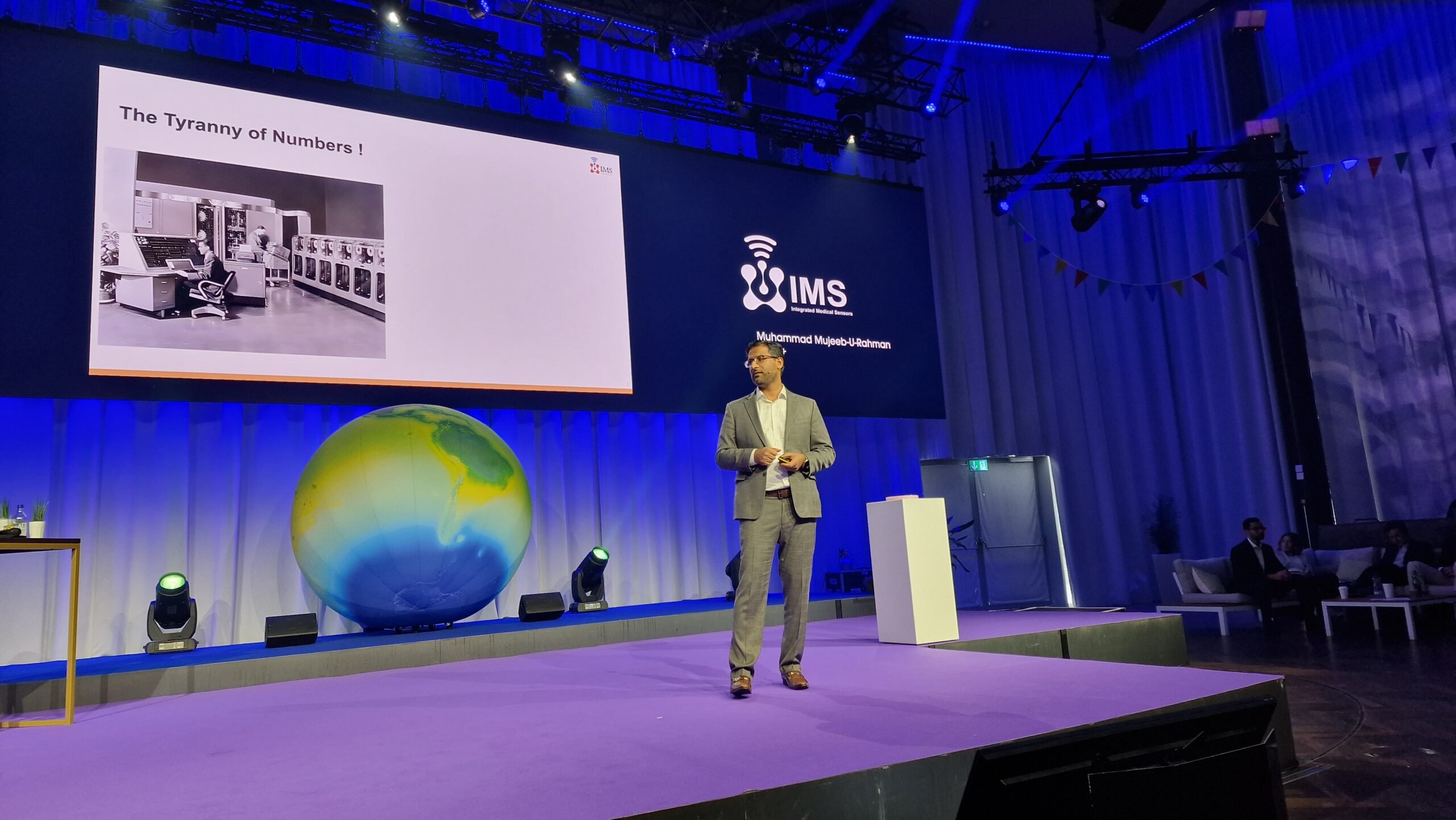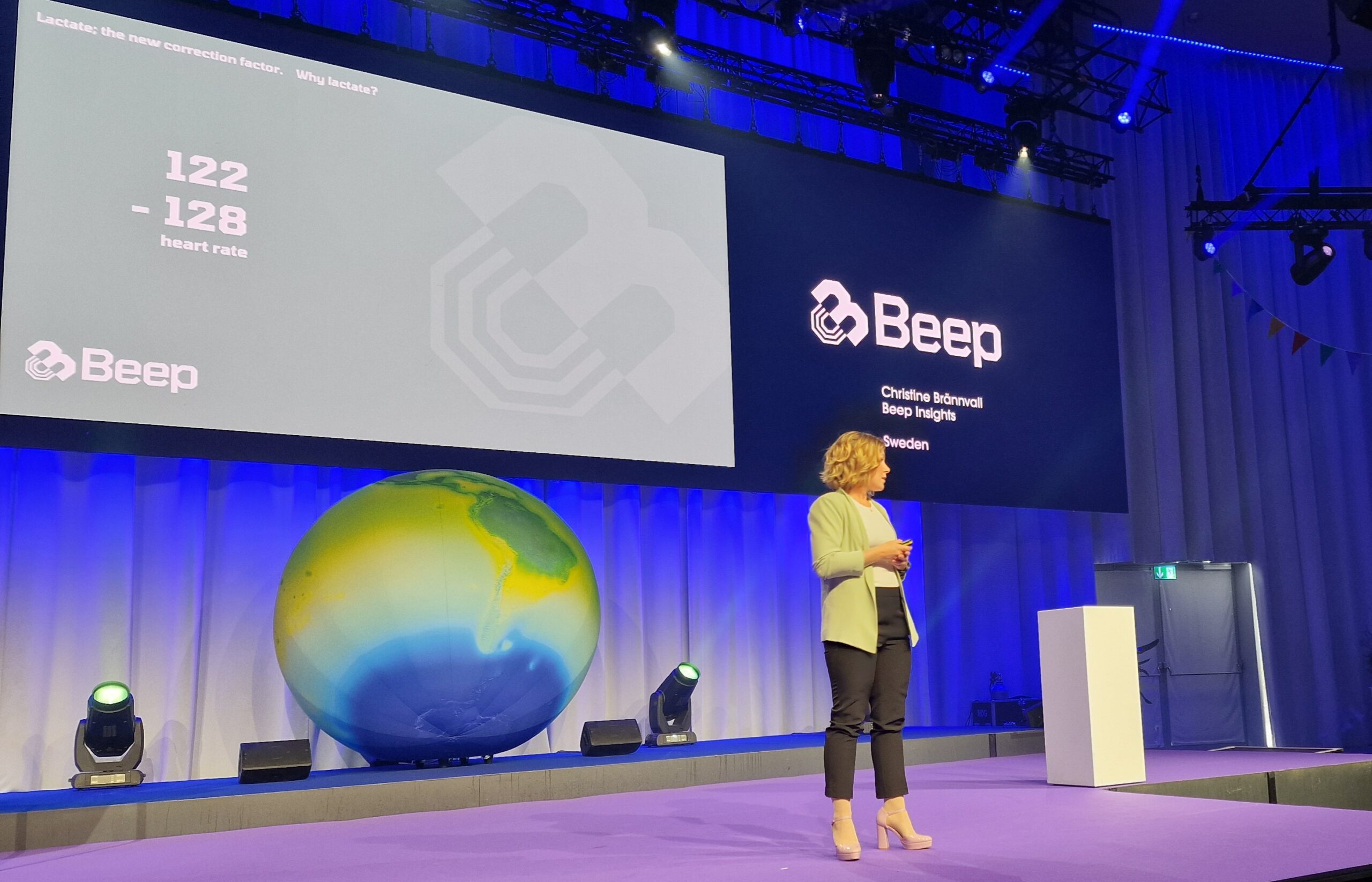We are thrilled to present you with the next episode of our series!Dear readers, As part of Diabetes Awareness Month,...
DCB newsletter #4/25: Voices of the community – meet the DCB Lived Experience Panel (Part 3)
DCB newsletter #4/25: Voices of the community – meet the DCB Lived Experience Panel (Part 3)
We are thrilled to present you with the next episode of our series!

Dear readers,
As part of Diabetes Awareness Month, we are delighted to introduce to more inspiring members of our Lived Experience Panel (LEP)! At DCB, we are dedicated to driving innovation in diabetes technology. Our vision is to improve the lives of people with diabetes, also transforming the way diabetes is understood and treated. To do this, we actively listen to those who live with diabetes and ensure their voices help guide our work.
Find part 1 here: https://www.linkedin.com/pulse/dcb-newsletter-5-voices-community-meet-patient-leaders-part-1-/
And part 2: https://www.linkedin.com/pulse/dcb-newsletter-6-voices-community-meet-patient-leaders-part-2–1e/
Now, let’s shine a spotlight on our wonderful LEP Experts: Nadine Schenk , Vivien Glocker , and Laura Magnabosco !

Nadine was diagnosed with Type 1 diabetes in 2011. After completing two vocational trainings as an ornamental plant and landscape gardener, she went on to study social pedagogy. Nadine is committed to ensuring that people with diabetes who also live with physical, cognitive, or psychological impairments receive more targeted support and guidance. She is also dedicated to promoting the development of new technologies and tools that make everyday life easier for people with diabetes and disabilities. In addition, Nadine serves on the board of Diabetes Bern. Her personal experiences with diabetes, as well as more insights into her interests and goals for the community, can also be heard in episode 3 of the Club D podcast by Diabetes Switzerland.

Vivien is a physician and doctoral candidate with a Diploma of Advanced Studies in Management of Clinical Trials. With international experience in clinical care and research across the U.S., Germany, and Switzerland, she has focused particularly on type 1 diabetes and its multifaceted challenges. Her scientific work includes publications in national and international journals, with a special emphasis on psychosocial aspects and precision medicine in type 1 diabetes. Driven by a strong commitment to the diabetes community, Vivien is passionate about advancing both patient care and research in order to improve outcomes and foster innovation in the field of type 1 diabetes.

Laura is originally from Italy, but currently residing in Switzerland as she pursues her PhD in the field of diabetes research. Laura’s journey with diabetes began at the age of 14 when she was diagnosed with type 1 diabetes. Her diagnosis ignited a spark within her for scientific exploration and a deep fascination with the intricate workings of the human body. Driven by this passion, she embarked on a path of academic excellence, majoring in Medical Biotechnology at university. Her thirst for knowledge led her to pursue a doctoral degree, specializing in diabetes research. Laura is profoundly committed to her work in the lab, where she engages in cutting-edgepre-clinical research. Her ultimate goal is to make a substantial and positive impact on thelives of those affected by diabetes. Recently she has recognized the immense value in sharing experiences and insights with others who face the same challenges. This newfound awareness has inspired her to extend her knowledge and experiences beyond the laboratory. She believes in the transformative power of shared experiences and hopes to harness it for the betterment of individuals living with diabetes.
Thank you Nadine, Vivien and Laura for being on board and for all the important work you do!
And you, dear followers, see you for the next edition of our DCB newsletter!
This post was previously published in Linkedin. Click here to see the original publication.
More recent news
DCB newsletter #4/25: Voices of the community – meet the DCB Lived Experience Panel (Part 3)
DCB Newsletter #3/25: Menstrual cycle and insulin requirements
We are thrilled to present you with the next episode of our series “INSIDE DCB”!Research at the Diabetes Centre Berne:...
DCB Newsletter #2/25: DID YOU KNOW… that staying active with Type 1 Diabetes doesn’t have to be complicated?
Dear Community, For many people living with Type 1 Diabetes (T1D), physical activity can bring unique challenges....










